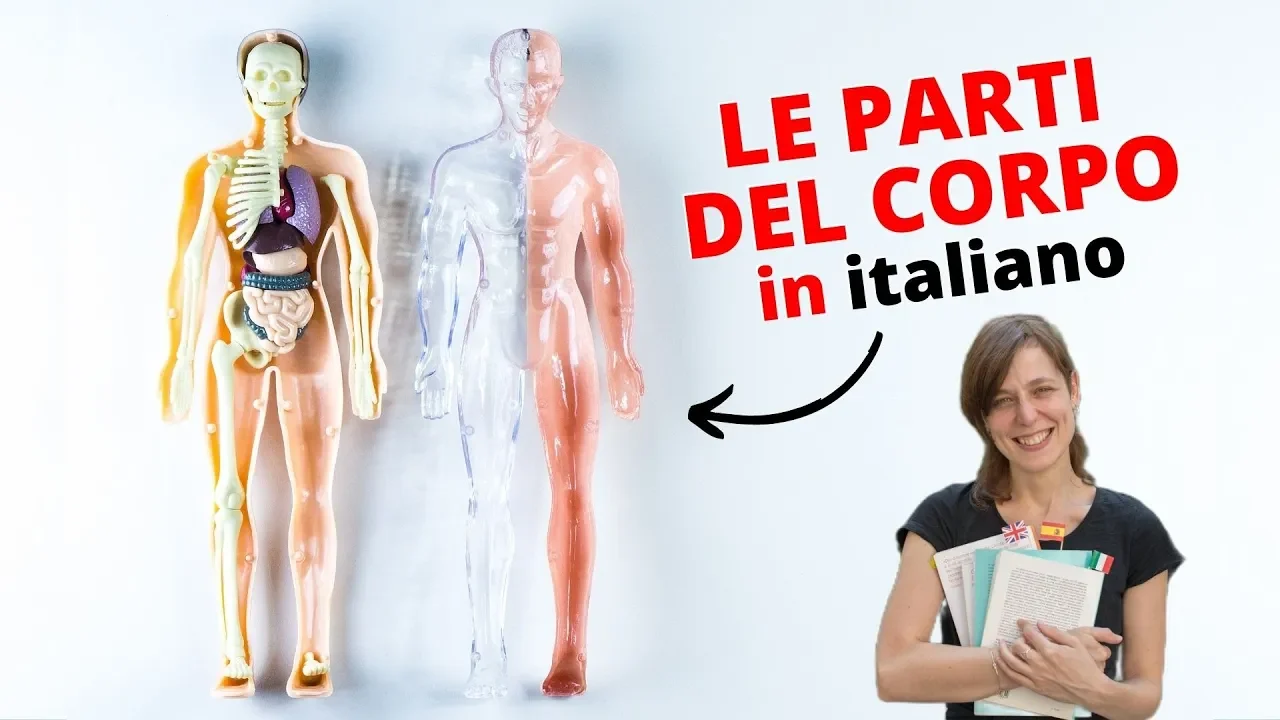
Bene, Bravo, Bello e Buono. HOW TO USE THESE WORDS (WELL) IN ITALIAN
4 January 2024
Italian for beginners: the vocabulary of the HUMAN BODY
15 January 2024CI e NE | Particelle pronominali e avverbiali (ENG)

Do you know the particles CI and NE? How are they used? Today I want to talk to you about the particles CI and NE because it’s something that my Italian students often find difficult. At the same time, it’s very important to know these particles because they are widely used and can help you sound more fluent when speaking.
Hello! I’m Maria, and I’m a teacher of Italian, English, and Spanish.
But let’s see how CI is used. First of all, CI can be used as an adverb of place, or as a demonstrative pronoun. Let’s see an example:
“- Sei andato al supermercato? – No, ci vado più tardi”. In this case, CI is an ADVERB OF PLACE. Indeed, it means IN THAT PLACE (in this case, “to the supermarket”). “I’ll go there later” means “I’ll go to the supermarket later”. So CI means “to the supermarket”.
Let’s make another example: “- Lunedì inizio a lavorare al bar sotto casa tua. – Davvero? Ci passo ogni mattina prima di andare al lavoro!”. In this case, CI means “to the bar”. WHERE do I pass every day? To the bar under your house.
In other cases, CI is used as a DEMONSTRATIVE PRONOUN:
“Non ci fare caso”. = Where CI is equal to “it”, don’t pay attention to it.
“Ci prova gusto”. = CI means “it”. Enjoys doing it.
“Ci puoi contare”. = You can count on it, on this.
“Non ci capisco niente”. I don’t understand anything about it.
“Che cosa ci ricavi?” = What do you gain from it?
Sometimes CI can be used in the same way but with PEOPLE.
“Non ci esco da molto tempo.” = Where CI means “with him, with her, or with them”. I haven’t gone out for a long time with him.
“Non ci puoi fare affidamento.” = You can’t rely on him, her, them.
And NE? How is it used? It is used first of all as an adverb of place. Let’s see some examples:
“Sono stanca di questa festa, me ne vado”. = I’m leaving this place, this party.
“Andiamocene”. = Let’s leave this place.
“Mario è entrato in quella stanza un’ora fa e non ne è ancora uscito”. = He hasn’t come out of that room yet.
NE is also used as equivalent to: OF/ABOUT/BY him, of her, of them:
“Hai parlato con Mario? È da tempo che non ne ho notizie”. = It’s been a long time since I’ve heard from him.
“- Conosci Marta? – No, ma ne ho sentito parlare”. = I’ve heard about her.
“Appena lo conobbi, ne fui affascinata”. = I was fascinated by him.
NE can also mean: OF this / these; or BY this / these. Let’s see some examples:
“- Quanti gatti hai? -Ne ho due”. = I have two of these / of cats.
“Lessi il libro e ne fui impressionato”. = I was impressed by this / by the book.
In other cases, NE can refer to a sentence or a concept expressed previously:
“- Pensi che abbia detto la verità? – Ne dubito”. = I doubt it. I doubt he/she told the truth.




